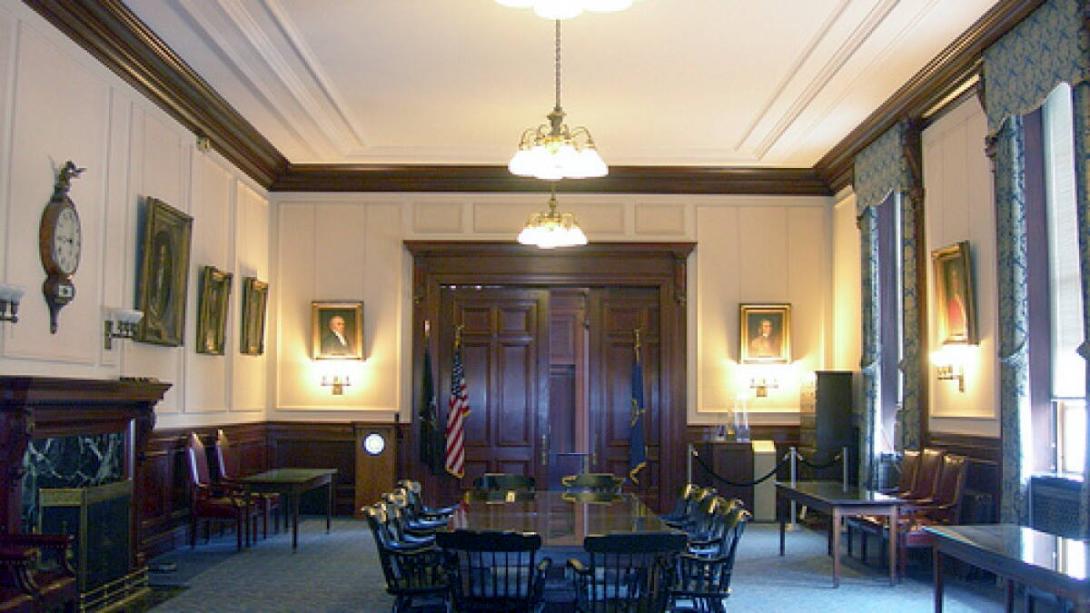The following is taken from the Executive Council website:
The Executive Council of the State of New Hampshire has the authority and responsibility, together with the Governor, over the administration of the affairs of the State as defined in the New Hampshire Constitution, the New Hampshire statutes, and the advisory opinions of the New Hampshire Supreme Court and the Attorney General.
Each of the five Executive Councilors represents one fifth of the population or approximately 263,000 citizens. Councilors are elected every two years, concurrently with the Governor. The Councilors participate in the active management of the business of the state. They receive assistance from the Commissioner of the Department of Administrative Services and the Attorney General who review requests involving state funds since no expenditure can be legally authorized without the availability of adequate funds.
Among some of the duties of the council is approving appointments of Commissioners, Commissioners of Deeds, Judges, Justices of the Peace and Notary Public. They can also hear pardon requests. They manage and oversee the state’s 10-year highway plan and keep an eye on the state treasury, ensuring departments don’t spend more than permitted, or use funds for something else not approved, by the legislature.
A councilor’s term is 2 years and is made up of both Democrats and Republicans at any given time. They also vote as needed.
Executive Councilor David Wheeler, R-Milford, is now in his 6th term. He is consistent in his votes against such issues as sex education and family planning funding. What he does is not vote during the meeting but gives the council’s recording secretary a list of his “no” votes after the meeting(s) which are then included in the minutes but not the information that he voted after the meeting had ended.
In an interview with New Hampshire Public Radio on Feb. 23, Mr. Wheeler claimed it a “long-standing practice among councilors.” Yet, a spokesperson for the Secretary of State’s Office checked back through 2018 and found only Wheeler to have voted in that manner. Former councilors Congressman Chris Pappas, Colin Van Ostern and Andru Volinsky, who all served with Wheeler stated they never voted that way nor were aware of the practice. Current councilors Joe Kenney, Janet Stevens and Cindi Warmington were unaware of Wheeler’s voting practices, with Warmington now challenging it. Even Governor Sununu, who previously served 3 two-year terms, was unaware of voting by note after a meeting.
John Formella, Attorney General, claimed the practice is long-standing and used for decades. If so, why did so many past and present council members know nothing about it? Formella stated Wheeler’s votes are included in the minutes and his manner of voting doesn’t violate the right-to-know law, requiring votes to be made public (unless secret ballot or nonpublic session). It is up to the councilors to put an end to this manner of voting, with at least Stevens and Warmington wanting to do so.
To read the entire article:

